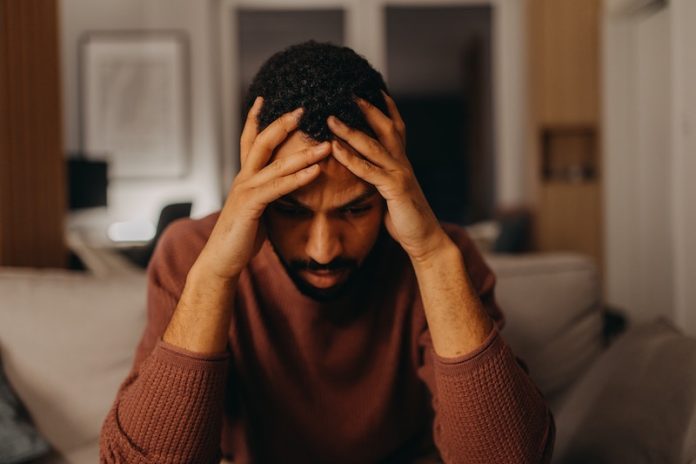
Karen Magruder, a teacher at the School of Social Work at The University of Texas at Arlington, is studying a new kind of worry that many people are starting to feel.
This worry is called eco-anxiety. It’s when people feel scared about what might happen because of changes in our environment and climate.
This is not the same as eco-grief, which is feeling sad about the environmental changes that have already happened.
Karen noticed that more and more people are feeling eco-anxiety. She saw it in her own work and started to look for more information about it.
She found that not a lot of people have studied it, especially how it affects young people. But now, more researchers are starting to look into it too.
The Impact of Eco-Anxiety on Life Choices
Eco-anxiety is making some people make big changes in their lives. They are moving to places where the weather is not as extreme.
Some are choosing jobs that focus on helping the environment. Others are deciding not to have kids because they worry about the future of our planet.
But Karen says there are other ways to handle these worries. One way is to talk to a professional, like a counselor.
Another way is to become part of the solution and help fix the problems facing our environment.
Helping Each Other Cope with Eco-Anxiety
Karen does not just study eco-anxiety, she also helps others deal with it. She volunteers with the DFW chapter of the Climate Reality Project.
This is a group that helps people understand climate change. There, she started a team that focuses on self-care for those struggling with eco-anxiety.
She noticed that many people like her also felt worried and hopeless about the future of our planet. So, she suggests that getting involved in activities that help the environment can help people feel better.
This could be anything from political work to art to education. Having a support group and doing something meaningful can give people hope and keep them going.
If you care about mental health, please read studies about 6 foods you can eat to improve mental health, and B vitamins could help prevent depression and anxiety.
For more information about mental health, please see recent studies about how dairy foods may influence depression risk, and results showing Omega-3 fats may help reduce depression.
The study was published in Social Work Today.
Follow us on Twitter for more articles about this topic.
Copyright © 2023 Knowridge Science Report. All rights reserved.



